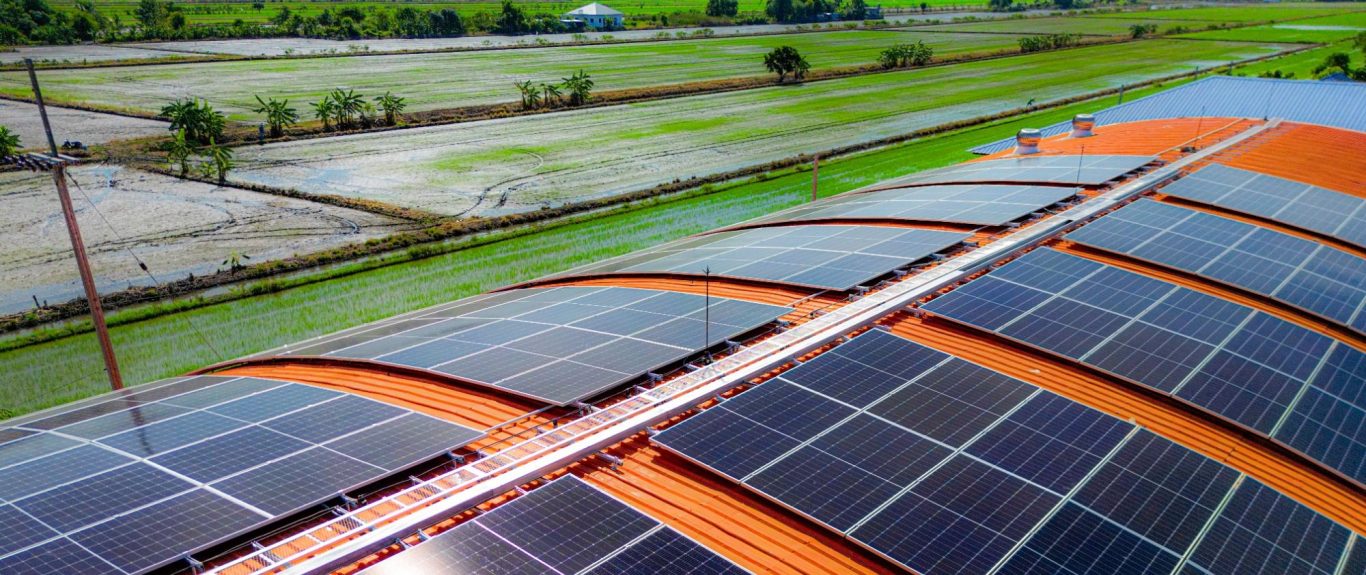JETP: Indonesia’s Energy Priorities
The Just Energy Transition Partnership (JETP) was initially hailed as the “single largest climate finance transaction”[1] when announced at the G20 Summit alongside the G7 countries and the International Partners Group[2] last year. However, recent developments have raised questions about its effectiveness. Indonesia’s Deputy Minister of the Coordinating Ministry for Maritime and Investment Affair, Septian Hario Seto, highlighted that Western nations seem reluctant to fund the early retirement of Indonesian coal-fired power plants, preferring to finance commercial renewable projects instead[1]. Yet, he also stressed that retiring coal-fired power plants must be an essential first step in the transition. Additionally, Indonesia’s Minister of the Coordinating Ministry for Maritime and Investment Affairs, Luhut Pandjaitan, recently announced that the $20 billion pledged under JETP is insufficient, estimating that it would take five times that amount for Indonesia to transition away from coal-fired power plants, indicating a substantial funding gap.
IMPLICATIONS:
In August, Indonesia had planned to announce its JETP investment plan but postponed it until later this year[3]. Indonesia is now faced with the critical decision of whether JETP remains the best way forward. Recent developments show that the pledged funds, reportedly falling short by US$80 billion, will now be directed into commercial renewable projects, despite Indonesia’s excess electricity capacity. The grass isn’t looking so green on this green energy plan. The Indonesian government’s response remains uncertain. Some articles suggest that if donor countries do not agree with this plan, signed commitments may be canceled and instead the government may be forced to resort to bank loans to finance its energy transition[2]. Another possibility is that Indonesia could self-finance renewable projects if required[1]. Executive director Bhima Yudhistira Adhinegara of CELIOS said the JETP had become overly “donor-driven” and less oriented toward meeting the specific needs of Indonesia[4]. For now, Indonesia is keeping its options open, as it seems that the current JETP trajectory does not align with its immediate energy transition needs.
[1] Varadhan, Sudarshan., (2023), “Western nations not ready to finance Indonesian coal plant retirements”, Reuters, September 25. Retrieved: https://www.reuters.com/business/energy/western-countries-not-ready-finance-early-coal-power-retirement-indonesia-2023-09-25/
[2]D-insights, (2023), “JETP: A Roadblock for Indonesia’s Coal Transition”, September 26. Retrieved: https://dinsights.katadata.co.id/read/2023/09/26/jetp-a-roadblock-for-indonesias-coal-transition
[3] Nangoy, Fransiska., & Vu, Khanh., (2023), “Indonesia, Vietnam energy transition financing under JETP”, Reuters, September 25. Retrieved: https://www.reuters.com/business/energy/indonesia-vietnam-energy-transition-financing-under-jetp-2023-09-25/#:~:text=South%20Africa%20was%20the%20first,progress%20in%20Indonesia%20and%20Vietnam.
[4] Juwita, Ruth., (2023), “Donor countries’ aversion to coal retirement could render JETP ‘meaningless’”, The Jakarta Post, October 2. Retrieved: https://www.thejakartapost.com/business/2023/10/02/donor-countries-aversion-to-coal-retirement-could-render-jetp-meaningless.html

ENERGY TRANSITION
OCTOBER 2, 2023
